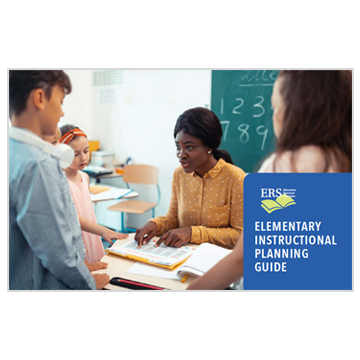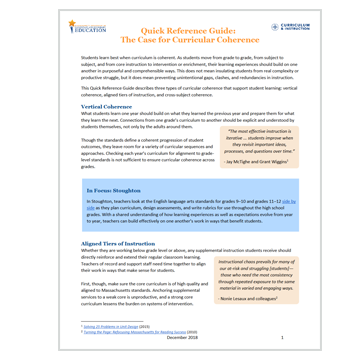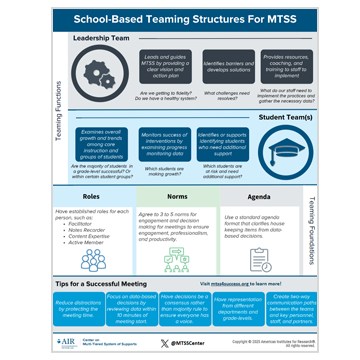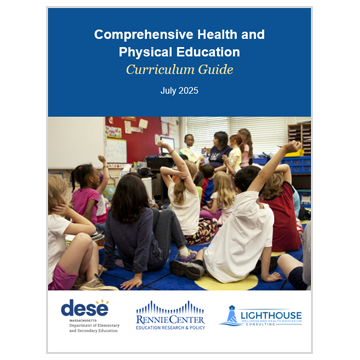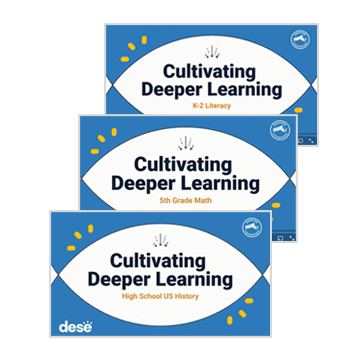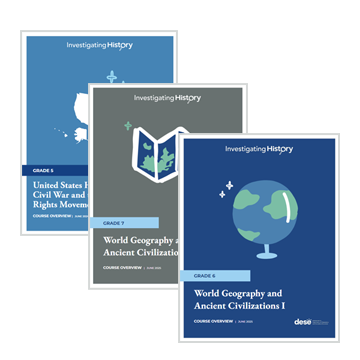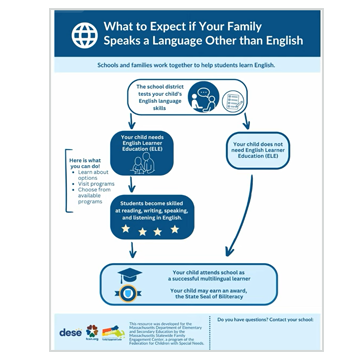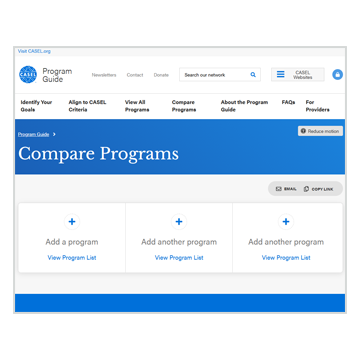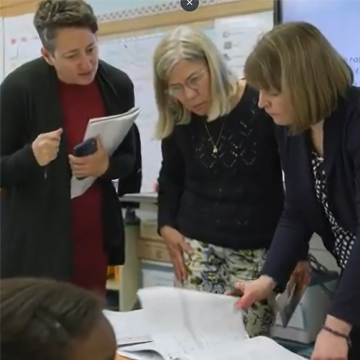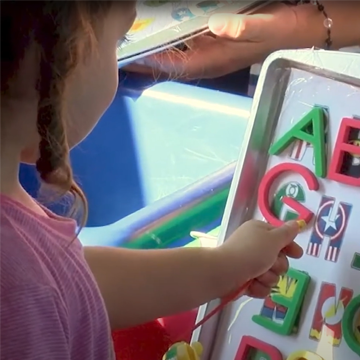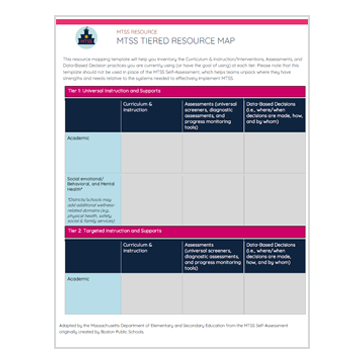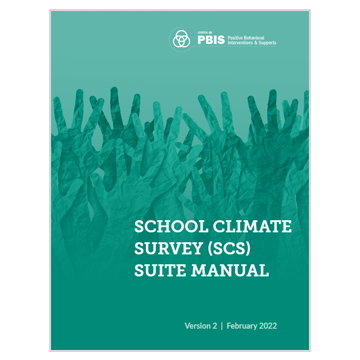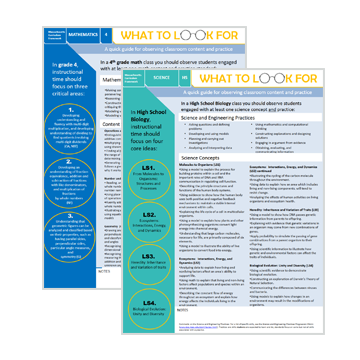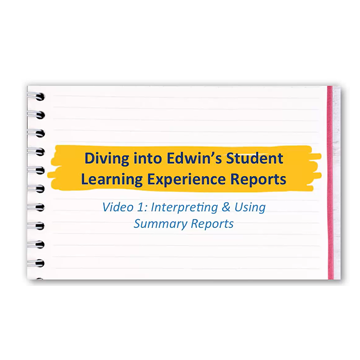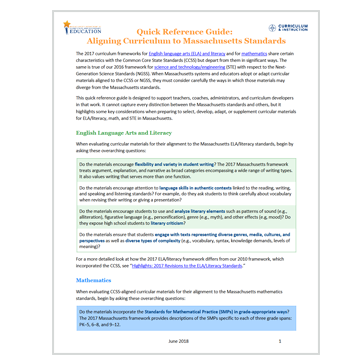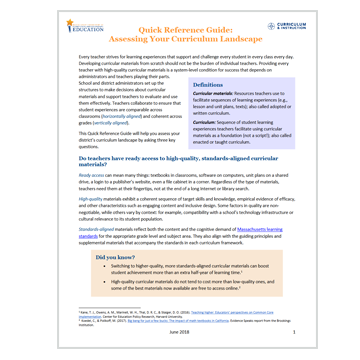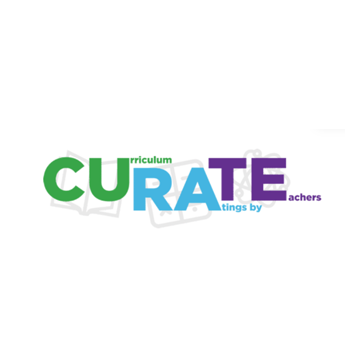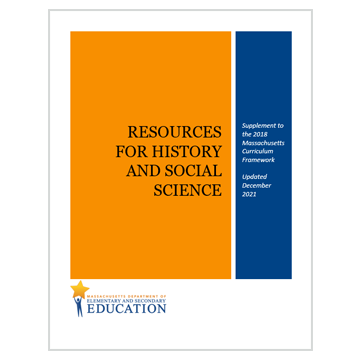Resource Profiles
New Resource Search
← Return to Find Resources | MTSS
Resource Results
Elementary Instructional Planning Guide
This guidebook helps elementary school leaders and teams create a schedule that supports the school’s values and priorities. It focuses on 4 key decision points and provides a variety of scheduling examples.
Quick Reference Guide: The Case for Curricular Coherence
A quick reference guide focused on ensuring instruction aligns across classrooms and tiers in ways that maximize student learning.
MTSS Teaming Structures Tip Sheets and Team Audit Activity
This collection of short, user-friendly tip sheets and tools help schools think about the infrastructure and supports they need for a strong multi-tiered system of support.
OpenSci Ed
OpenSciEd is a Next Generation Science standards-aligned curriculum for elementary, middle, and high school students and is designed for how students learn science best. From 2018 to 2025, Massachusetts contributed to the development of these open-source K–12 science instructional materials through collaboration on scope and sequence, design specifications, and the instructional model of the curricular materials. The curriculum is available to download for free from the OpenSciEd website.
Comprehensive Health and Physical Education Curriculum Guide
In 2023, MA DESE released an updated Comprehensive Health and Physical Education (CHPE) Curriculum Framework that provides standards and guidance for effective CHPE programs. This guide is intended to provide districts with an overview of how available CHPE curricula align with the CHPE Framework.
Cultivating Deeper Learning Instructional Videos
This DESE video series provides close-up examples of strong daily instructional practices that create the conditions for deeper learning experiences. The collection includes PK-12 examples in math, literacy/ELA, ESL, history, and science.
Investigating History
Investigating History is a comprehensive, authentic, inquiry-based curriculum aligned to the 2018 History/Social Science Framework, developed by DESE in collaboration with teachers, history scholars, and organizations across Massachusetts. Units for Grades 5-7 are available now. Pilot materials for Grades 3 and 4 are available to preview, with revised units available in summer 2026. The curriculum is available at no-cost to districts.
English Learner Education Orientation Videos For Family Members
Use this series of short 1-2 minute videos to introduce family members to English Learner Education. Available in English, Chinese, Haitian Creole, Portuguese, Spanish, and Vietnamese.
CASEL SEL Program Guide & Comparison Tool
Use CASEL’s online tool to review and compare programs that help students develop strong social and emotional skills. Search by grade or grade level, program approach, setting, student characteristics, and other criteria.
Curriculum Matters: IMplement MA Professional Learning Practices Video Series
Use this video collection to learn about ways educators in schools across Massachusetts are transforming professional learning using a variety of collaborative and lesson internalization methods.
Mass Literacy Guide
Find evidence-based practices and resources for supporting literacy in PK-3 classrooms.
MTSS Tiered Resource Map
This resource mapping template will help you inventory the Curriculum & Instruction/ Interventions, Assessments, and Data-Based Decision practices you are currently using (or have the goal of using) at each tier.
The School Climate Survey Suite
The School Climate Survey Suite is a set of four multidimensional surveys to measure student, teacher, administrator, faculty, and family perceptions of school climate. The surveys are brief, reliable, and valid for assessing perceived school climate among students in Grades 3-12. The manual was updated 2022 (Version 2).
Social and Emotional Learning in Math
Resources describing connections between the Massachusetts Mathematics Curriculum Frameworks and development of student social and emotional skills.
What to Look for Observation Guides: Science, Technology, Engineering, and Mathematics
These grade and content-specific What to Look For (WtLF) Observation Guides are designed to support observations of classroom content and practice. They highlight what the teacher and students should be doing in a standards-aligned classroom.
Student Learning Experience Report
This EDWIN report helps school and district leaders understand equity gaps in students’ learning experiences with effective educators; for example, the report shows how often students had assignments with different types of teachers over the past one to five years. This series of three videos and related guidance explain how the report works and how to interpret and use the data.
Quick Reference Guide: Aligning Curriculum to Massachusetts Standards
A quick reference guide to tailoring nationally available curriculum products for use with Massachusetts standards.
Quick Reference Guide: Assessing Your Curriculum Landscape
Use this tool to do help evaluate systems and structures supporting curriculum at the school or district level.
CURATE Curriculum Materials Reports
DESE convenes panels of Massachusetts teachers to review and rate evidence of alignment and quality of comprehensive core curricular materials. Findings for each resource product are published in a user-friendly report for educators across the Commonwealth to consult and make informed, local decisions about curricula.
Resources for History and Social Science: Supplement to the 2018 Massachusetts Curriculum Framework
A compendium of curriculum, content, and cultural resources aligned to topics in the 2018 Massachusetts History and Social Science Curriculum Framework
← Return to Find Resources | MTSS
